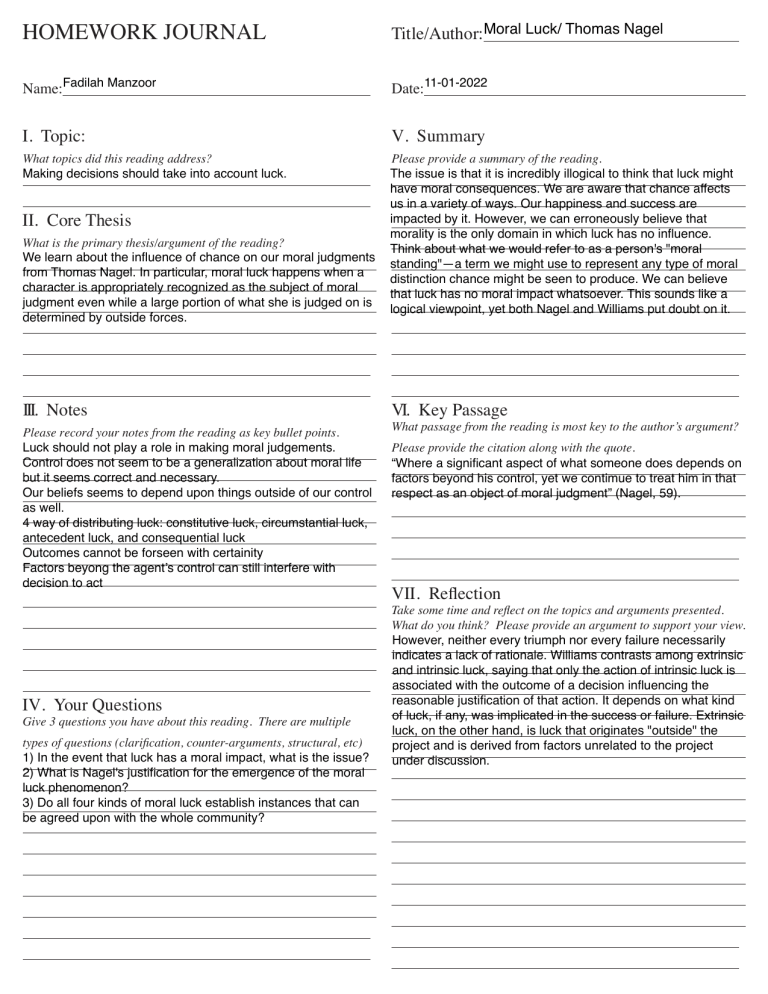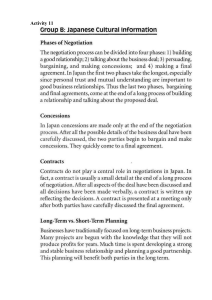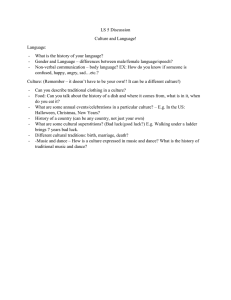
HOMEWORK JOURNAL Title/Author:Moral Luck/ Thomas Nagel Name:Fadilah Manzoor Date:11-01-2022 I. Topic: V. Summary What topics did this reading address? Making decisions should take into account luck. II. Core Thesis What is the primary thesis/argument of the reading? We learn about the influence of chance on our moral judgments from Thomas Nagel. In particular, moral luck happens when a character is appropriately recognized as the subject of moral judgment even while a large portion of what she is judged on is determined by outside forces. III. Notes Please record your notes from the reading as key bullet points. Luck should not play a role in making moral judgements. Control does not seem to be a generalization about moral life but it seems correct and necessary. Our beliefs seems to depend upon things outside of our control as well. 4 way of distributing luck: constitutive luck, circumstantial luck, antecedent luck, and consequential luck Outcomes cannot be forseen with certainity Factors beyong the agent’s control can still interfere with decision to act IV. Your Questions Give 3 questions you have about this reading. There are multiple types of questions (clarification, counter-arguments, structural, etc) 1) In the event that luck has a moral impact, what is the issue? 2) What is Nagel's justification for the emergence of the moral luck phenomenon? 3) Do all four kinds of moral luck establish instances that can be agreed upon with the whole community? Please provide a summary of the reading. The issue is that it is incredibly illogical to think that luck might have moral consequences. We are aware that chance affects us in a variety of ways. Our happiness and success are impacted by it. However, we can erroneously believe that morality is the only domain in which luck has no influence. Think about what we would refer to as a person's "moral standing"—a term we might use to represent any type of moral distinction chance might be seen to produce. We can believe that luck has no moral impact whatsoever. This sounds like a logical viewpoint, yet both Nagel and Williams put doubt on it. VI. Key Passage What passage from the reading is most key to the author’s argument? Please provide the citation along with the quote. “Where a significant aspect of what someone does depends on factors beyond his control, yet we contimue to treat him in that respect as an object of moral judgment” (Nagel, 59). VII. Reflection Take some time and reflect on the topics and arguments presented. What do you think? Please provide an argument to support your view. However, neither every triumph nor every failure necessarily indicates a lack of rationale. Williams contrasts among extrinsic and intrinsic luck, saying that only the action of intrinsic luck is associated with the outcome of a decision influencing the reasonable justification of that action. It depends on what kind of luck, if any, was implicated in the success or failure. Extrinsic luck, on the other hand, is luck that originates "outside" the project and is derived from factors unrelated to the project under discussion.

